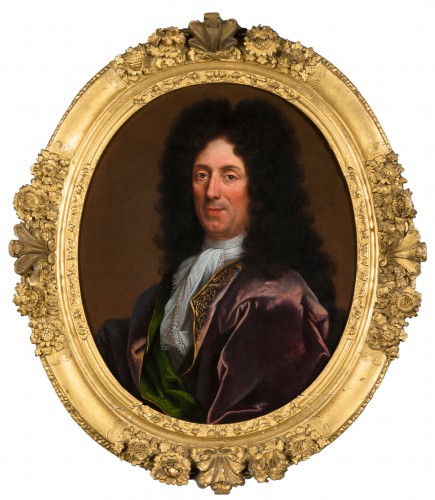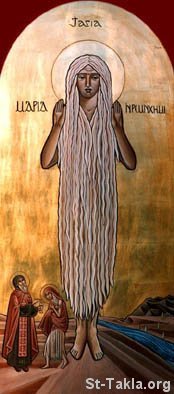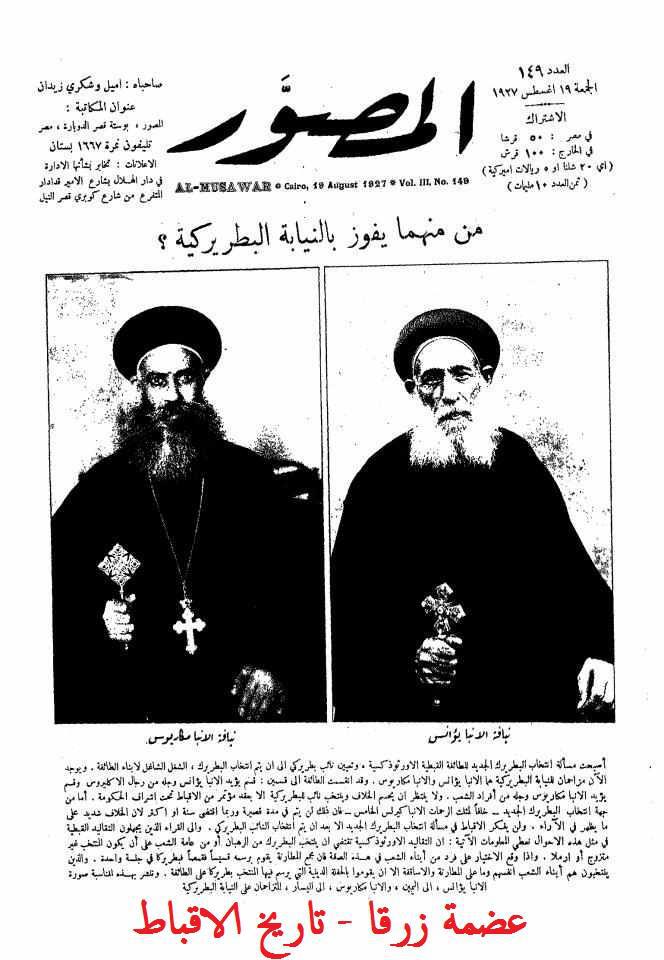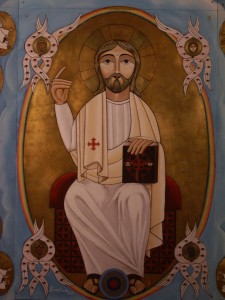
They do Him wrong who take God just in one particular way. They take the way rather than God.
Selected German Sermons, 20, p. 191, in Meister Eckhart. (1994). Meister Eckhart: Selected Writings. (O. Davies, Trans.). Penguin Books.
We seek God via various means and ways: prayer, contemplation, sorrow and repentance, rejoicing, thanksgiving, praise, solitude, community, stillness, service, and so on. Is there a right way? Is there a rule that holds for everyone? Must we all seek stillness? Or service?
These are important questions. Many have wasted years of their lives grinding slowly along a difficult way, only to come up empty-handed—or worse, resentful—at the end. I see someone else progressing joyfully closer to God through solitude, but when I try to follow the same path, I find myself lonely, despondent, angry, left out, unfulfilled. Is this just the struggle required to find the precious divine treasure of God’s presence? Or (dare I contemplate the thought) is this just the wrong path for me?
Meister Eckhart’s words point out something very important here: step back a moment, and ask yourself, “what is it really that I am seeking?” There is a key difference between seeking the path to God on the one hand, and seeking God on the other. To seek the path—to insist on this path and no other—is to make an idol of the path. To seek God is to be open to any path that will get me to my destination.
We often pay great attention to what we like or dislike about a path to God. If by my nature I like the company of others, then I will naturally gravitate to paths that involve being with others, serving others, sharing with others (e.g., group activities, face to face charity work, etc.) I develop a preference for such practices and actively seek them out. I enjoy them.
There is nothing wrong with that, so far as it goes, until the path itself becomes my goal, rather than a means to the goal of God Himself. If the joy I find in the company of others is just that—the satisfaction of my social nature, then this is a path to my own satisfaction, and not to God. There is nothing wrong with satisfying a need for social interaction—just don’t kid yourself that this is a profound and powerful spiritual practice.
Remember this then: intend God alone and seek Him only. Then whatever kinds of devotional practice come to you, be content with those. For your intention should be directed at God alone and at nothing else. Then what you like or dislike is all right, and you should know that to do it differently is to do it wrongly. They who desire so many ways of devotion push God under a bench. Whether it is the gift of tears or sighings or the like—none of this is God. If these come to you, all well and good. If they do not come to you, that too is all right and you should receive what God wishes you to in that moment, remaining always in humility and absence of self …
Selected German Sermons, 20, p. 191, in Meister Eckhart. (1994). Meister Eckhart: Selected Writings. (O. Davies, Trans.). Penguin Books.
What does it mean to seek God alone? Does it mean to neglect or look down on other people and things? Not at all! It means to find God in other people and things. We cannot gaze upon God directly, we can in our current state only gaze upon God through the things He has made: people and things. The mistake is not that I pay attention to them, but that I see them apart from God, the God who created them, sustains them, reflects Himself in them, and fills them with His presence and love. God is present in both the stillness and the activity, in both the solitude and the community. He knows at any given moment which of the paths is the clearest for me to follow, and the grace of His Holy Spirit is constantly, gently nudging me here and there. When I insist upon my own prejudices and preferences, I wrench myself free of His gentle guidance, and shift my attention from God my true goal to the path I prefer. I make of the path an idol.
To learn how not to do this is no easy thing. But it is a good thing. It is the way to God.
The wind blows where it wishes,
John 3:8
and you hear the sound of it,
but cannot tell where it comes from
and where it goes.
So is everyone who is born of the Spirit.








